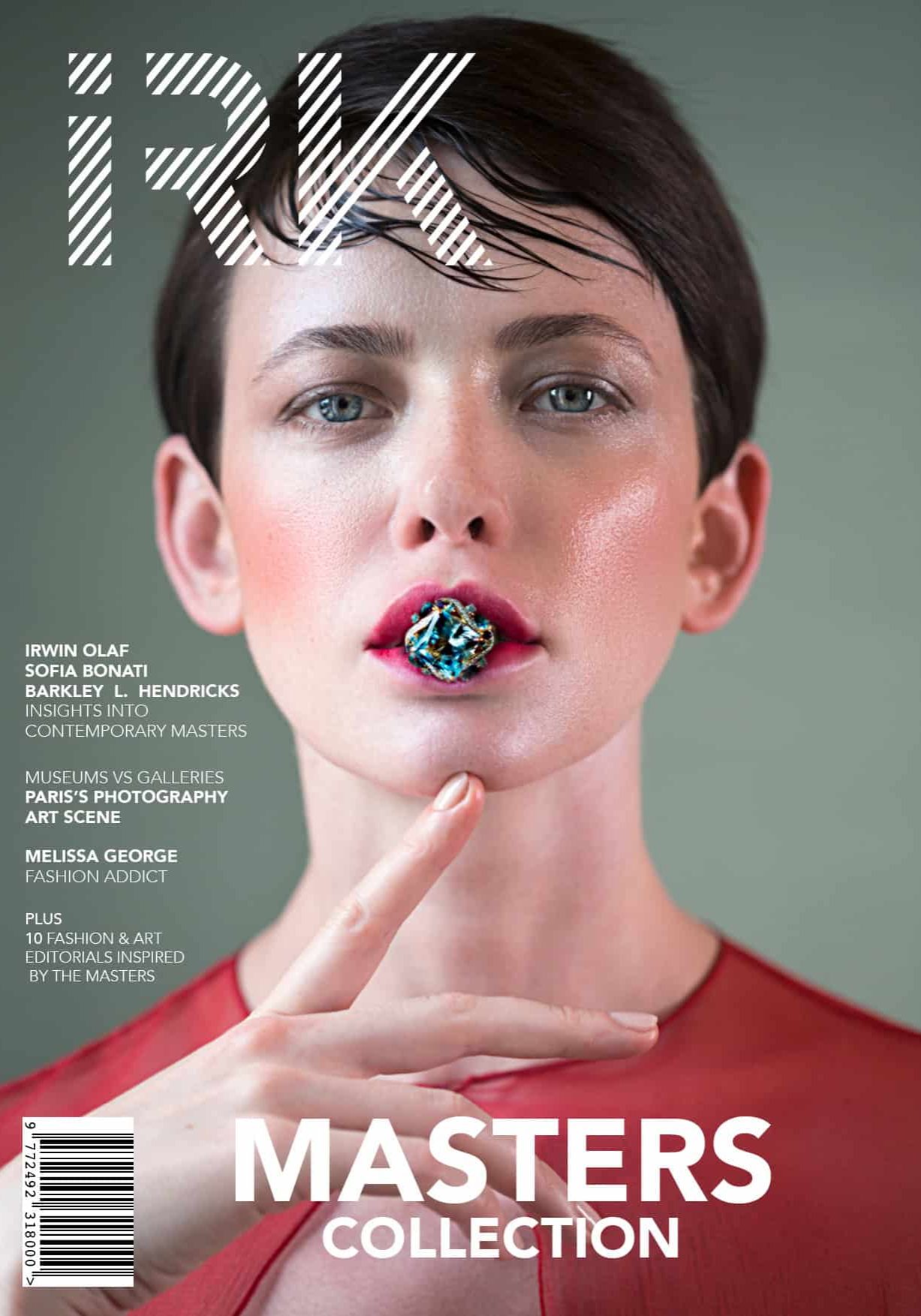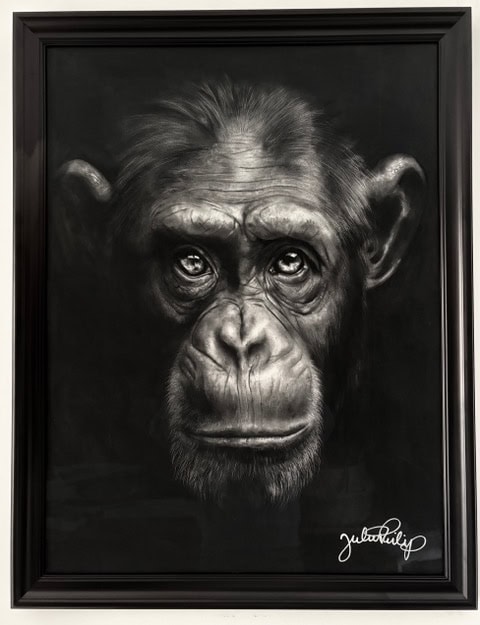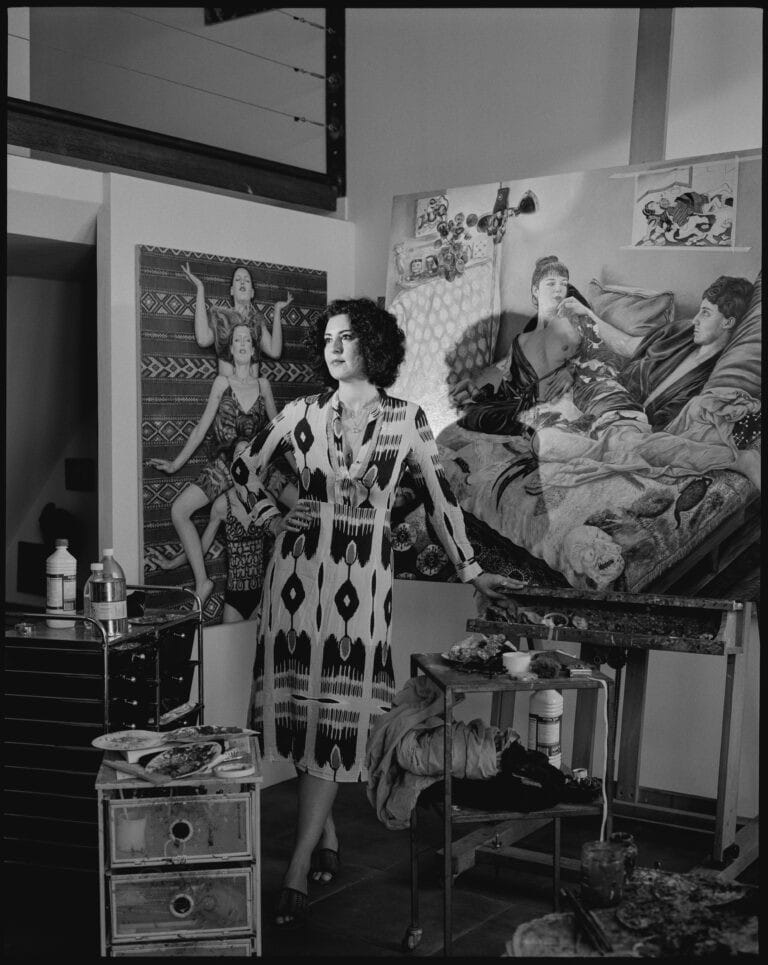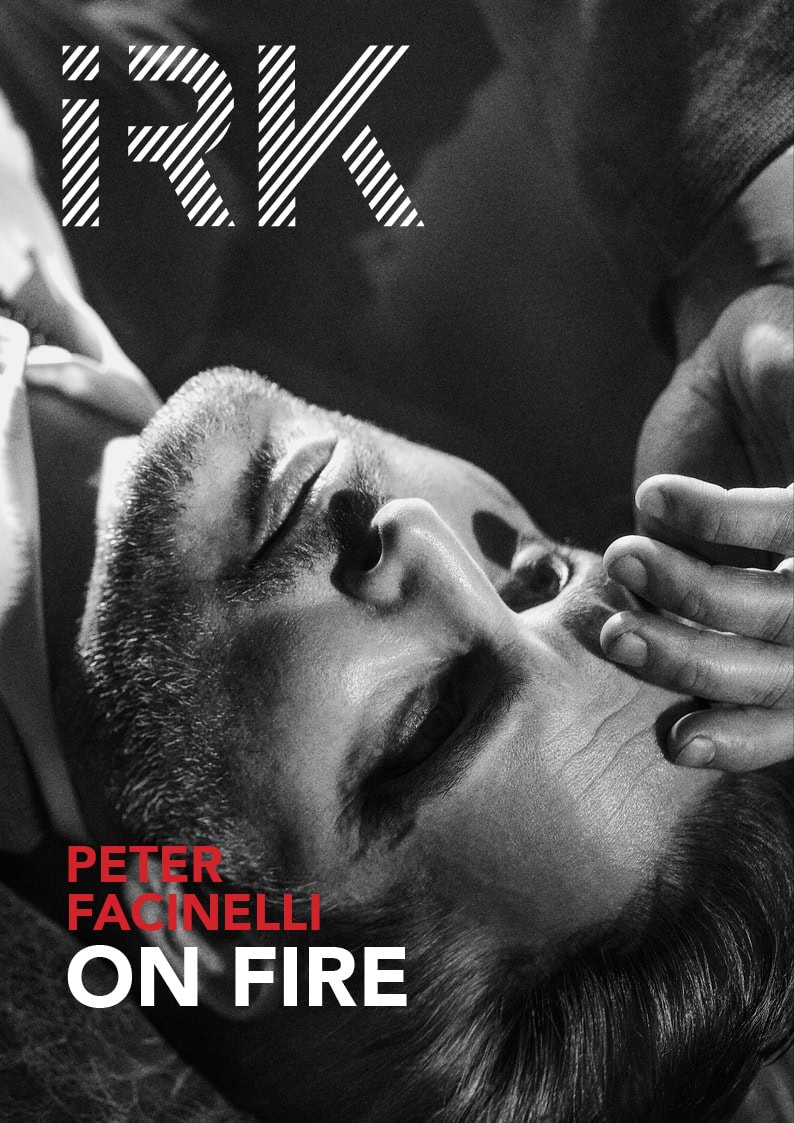
Peter Facinelli is “ON FIRE”
IRK Magazine
In this exclusive interview for IRK Magazine, we delve into Peter Facinelli’s latest project, “ON FIRE,” a gripping and intimate family survival drama that explores the harrowing challenges a blue-collar family faces during a wildfire. As the co-director and star of the film, Peter Facinelli shares insights into the making of the movie, his views on climate change, and the unique perspective he brings to both acting and directing. He also touches on his personal relationship with fashion the importance of balance in his life, and offers valuable advice to aspiring actors and directors. Join us as we step into the world of Peter Facinelli, where storytelling and passion intersect to create a captivating cinematic experience in “ON FIRE.”
Hollywood
In the realm of Hollywood, Peter Facinelli is a name that needs no introduction. With over three decades of experience in the entertainment industry and more than 100 credits to his name, he has made a significant mark as an actor and a director. Known for his diverse roles in genres ranging from action to comedy, horror to drama, and his collaborations with some of the biggest stars in the industry, Peter Facinelli’s journey has been nothing short of extraordinary.
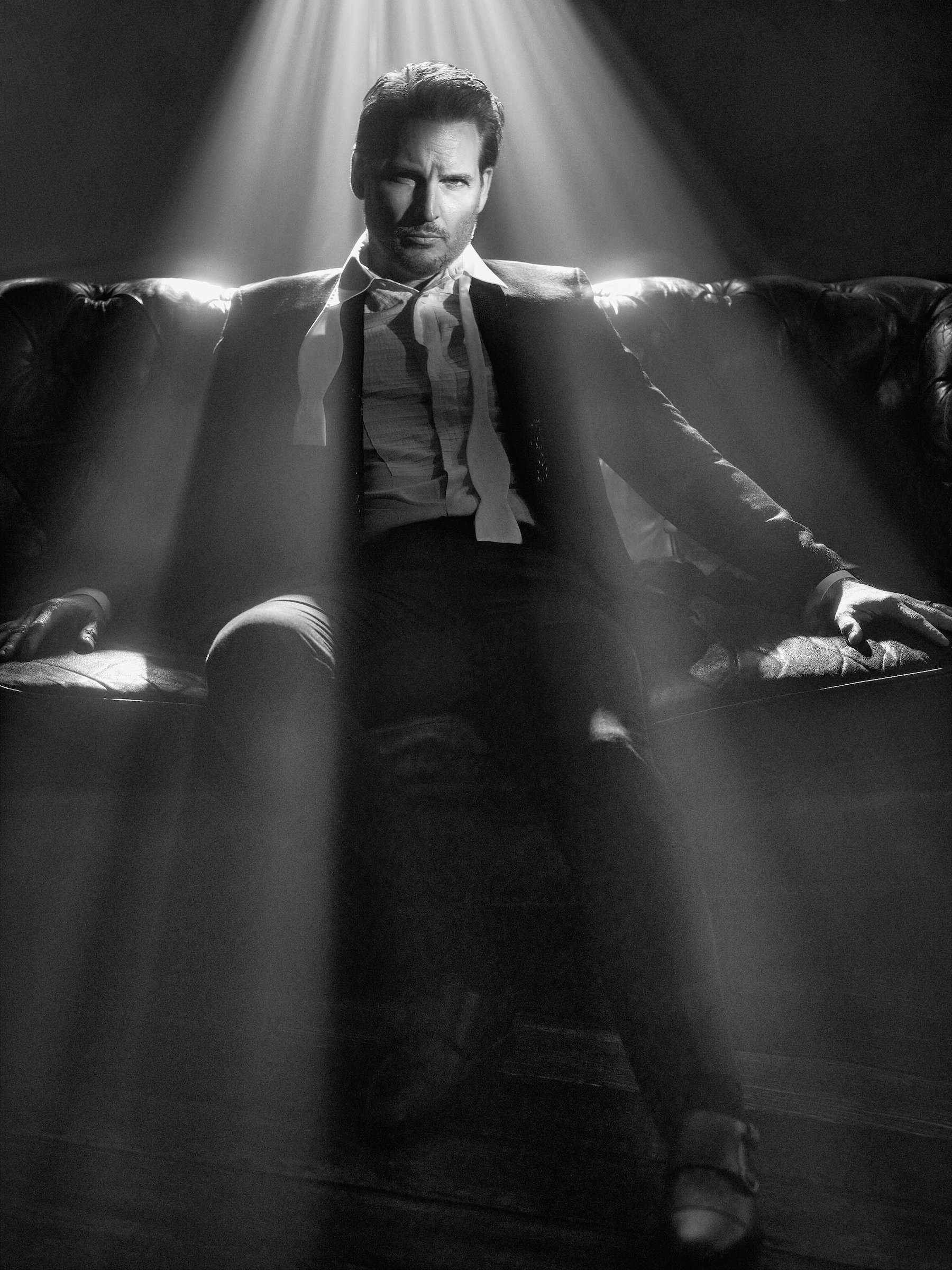
IRK: Your latest film, ON FIRE, refers to an increasing global threat with uncontrollable fires in Canada, Australia, USA.. Are you anxious about global warming? Does the film touch on this issue? As a resident of California, have you confronted wildfires?
Facinelli: I am anxious about climate change. I think it’s hard to deny that weather patterns have been extreme lately. Record temperatures, massive hurricanes and storms, and wildfires seem to be in the news every other week. Our film opens on a title sequence with audio from real news clips discussing different wildfires from around the globe, but we don’t discuss it much after that. We wanted to set up the film to illustrate an undeniable issue here. It also tells the story of one specific family affected by this issue and ends the film, leaving off with the question: “How can we fix this problem while giving hope?” It’s not a doomsday film. It’s a throwback to a survival film, with themes of current issues we are facing today.
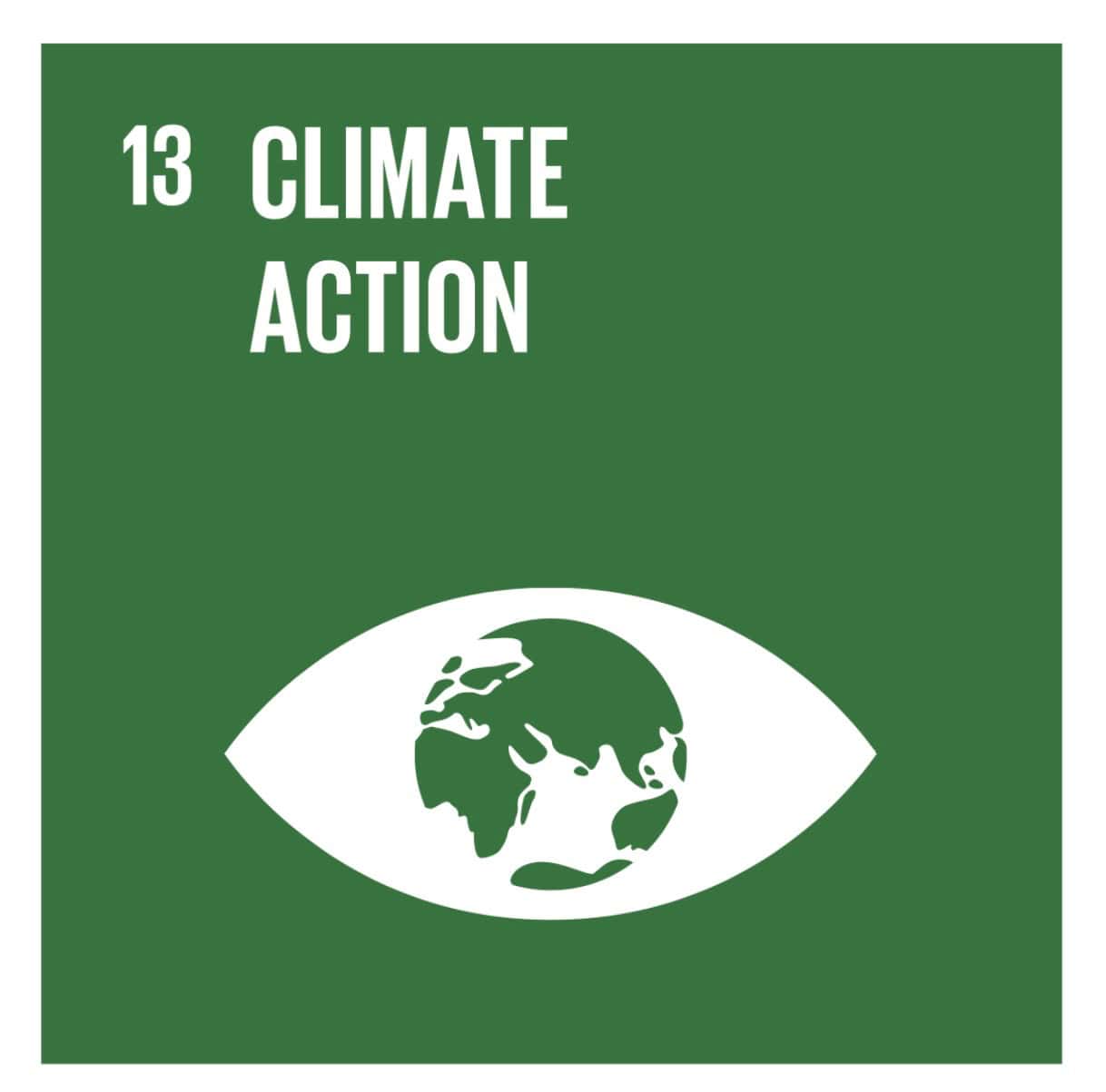
IRK: At IRK, we partnered with the United Nations to discuss the 17 Global goals further. Which global goals do you align with? https://sdgs.un.org/goals
Facinelli: It’s hard to pick one as all these goals are vital. If I had to pick just one, I’d say climate action, given all of the devastating wildfires as of late… It’s a real issue that needs to be addressed more seriously, and I hope we can come together to find a solution.
IRK: ON FIRE is an edge-of-the-seat thriller as well as pertinent. As fire is involved, can you tell us if you had to work in overheated and dangerous conditions and if you did do your stunts?
Facinelli: Because we were working in a wooded area, it was unsafe to work with real fire, so real fire was limited. We used contained flame bars in some shots and a lot of smoke machines, but we relied heavily on lighting and special effects instead of actual fire during filming. Then, in post-production, we used CGI to create the fire. Our crew’s safety and ensuring we respected the forest and the environment we worked in were very important to us.
Our most considerable practical fire effect was lighting one of the stunt people on fire for a scene. It was a very high-energy evening, with everyone being hyper-focused and alert. The stuntman and safety crew did an incredible job, and it’s a very weighted scene in the film. As far as my stunts, there were plenty of other stunts for us to do. There was a lot of running and a giant leap down a hill where me, Fiona, and Asher Angel all did the stunt together. It was so much fun.
IRK: What is your relationship to fashion? Do you think fashion helps tell a story?
Facinelli: Fashion is an important part of my life in so many ways. From the clothes my character wears to my dressing for red-carpet events to the clothes I wear daily. I always look at the clothes I put on and think, “How are these to make me feel?” from there, I assess whether that feeling is what I want for whatever I’m dressing for. So the clothes have to fit the event. Sweatpants are comfortable, but I wouldn’t necessarily want to wear them at a red carpet-event or a wedding. I love a suit. Fashion dictates a mood to me. It also helps in the telling of a character’s story. My character, Dave, owned a construction company, so I wanted him to feel rugged and blue-collar yet still feel like I could move since I had a lot of action sequences.
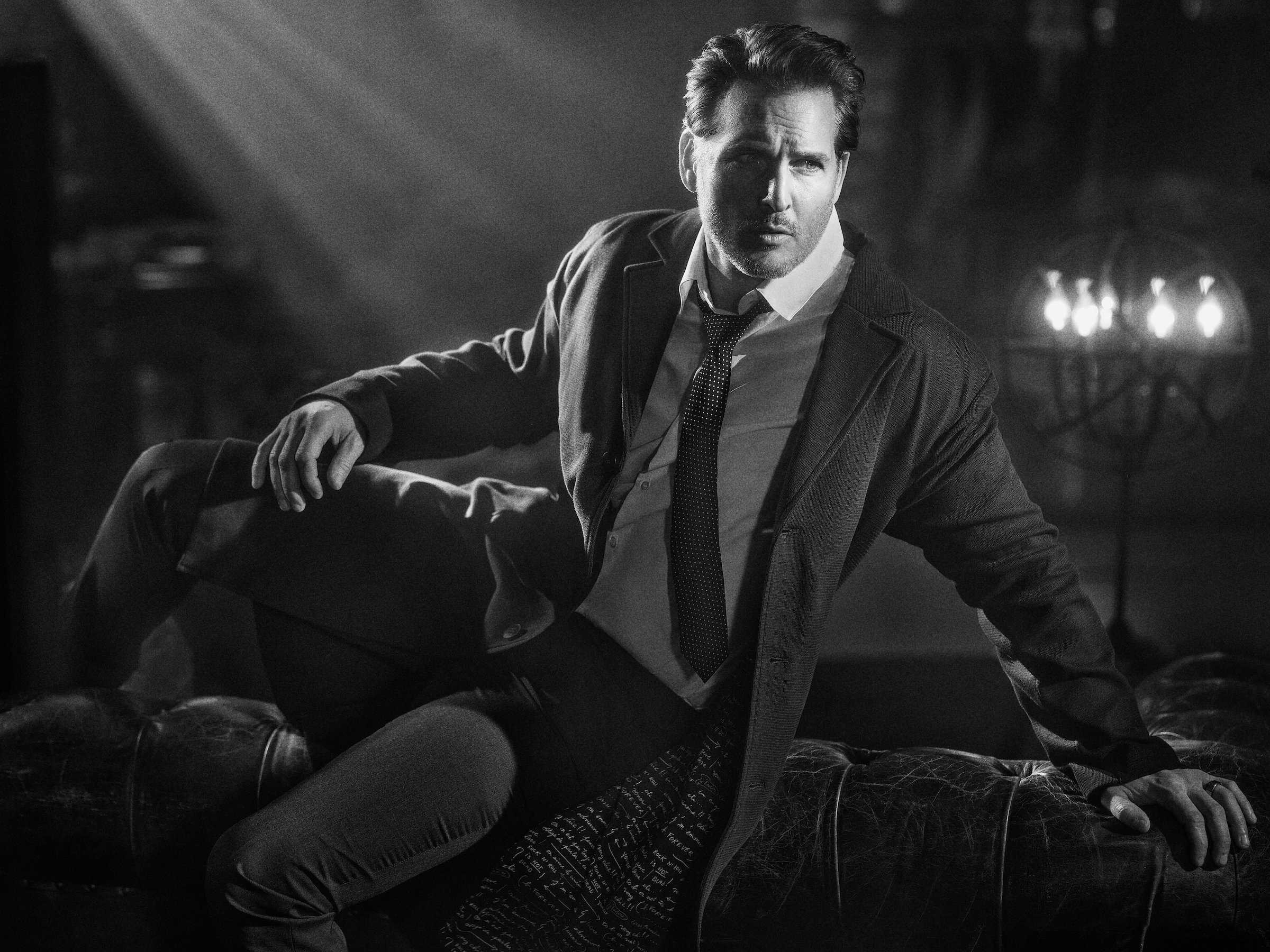
IRK: How else do you play and keep life from being too serious?
Facinelli: I play racquetball to let off steam. I love the feeling of hitting that rubber ball as hard as possible and the sound it makes. I also have a one-year-old son, so he keeps me from taking things too seriously. When his hands are full of avocado, and he smears it on my shirt, I have to walk around with an avocado stain. Green is a good color. Ha.
IRK: You have more than 100 credits to your name over the last 30 years. That is incredible. Can you tell us one of the highlights of your career?
Facinelli: I look back, and it’s been such a blink of an eye. I’ve gotten to work with incredible actors, meet amazing fans, and travel the world. I play make-believe for a living. What’s more fantastic than that? Lol. I couldn’t begin to count the highlights. It’s been quite a ride, and I’m excited to continue the adventure. I hope I have another 100 credits to go. At least.
IRK: You have acted opposite incredible stars, including Nicolas Cage, Angelina Jolie, and Kevin Spacey… despite your success, do you still feel humbled by your fellow actors? Can you name one co-actor who you felt changed you in some way?
Facinelli: I am always humbled by my fellow actors. Whether they are accomplished stars or a day player. The courage it takes to stand there emotionally naked with a camera on you… and yet when you hear the word action, there’s a connection and chemistry that happens with the people you are acting with. There is a feeling of sinking into being completely present.
It is an incredible feeling. It won’t be there if you chase it or look for it. It’s letting go and knowing that the people in the scene with you are on the same ride. You have to have trust, and they trust that you will be fully present with them. There is nothing more humbling than that. No matter how big a star you are or if it’s your first movie, the playing field is leveled. There is no movie star or fame—just your connection to each other, your character, and the present moment.
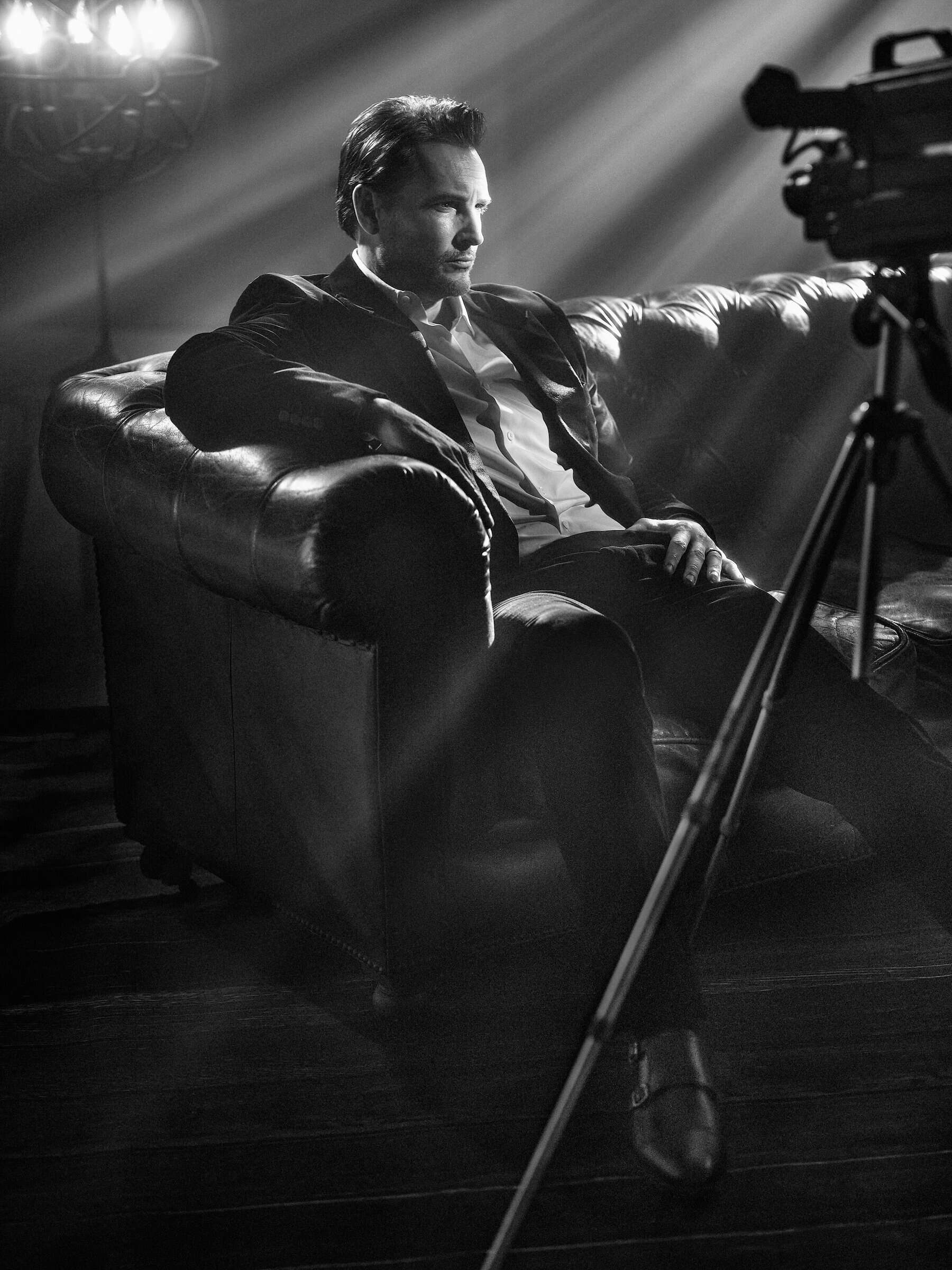
IRK: How does the creative process differ when you’re directing from acting?
Facinelli: When I’m acting, it’s about the present moment, my character, the scene I’m doing, and the connection to the other actors. It’s about sinking in and letting go. When I direct, I want to capture all the above on film, where to put the camera to tell the story best, and the collaboration with the actors and the crew. And then, in post-production, I’m taking all the moments I collected and putting them together to tell the bigger story. Acting, directing, and writing are different facets of telling a story. I use my body and emotions to tell the story as an actor.
As a director, I use many tools. The camera, sound, colors, editing style, characters, dialogue, silence, costumes, makeup, special effects… I’m not just concerned about my character. I’m overseeing all of them. They are both challenging, but directing is a bigger collaboration and a longer process. I spent nine months in post-production on ON FIRE. The CGI, the editing, the music, and the sound design took time. Compared to the acting portion, which was shot in roughly three weeks. Granted, we were working 12-hour days during filming and acting in very high adrenalin scenes–so I can’t say that was easy either. I also had days where I was directing and acting, so I had a lot of multi-tasking to do. But I was surrounded by a great crew, excellent actors, and strong producers, which made the days fun.
IRK: What challenges have you encountered in your directing career that you didn’t face as an actor?
Facinelli: I have a responsibility as a director that is different than when I’m acting. My responsibility as an actor is to be prepared to play my role, know my lines, play the scene truthfully, be present, and be truthful to the character. My performance is the greatest responsibility that I carry. And since my face is on the screen, I cannot hide from that responsibility. As the director, I am responsible for everyone’s performance and storytelling. I’m also ensuring I capture everything I need, making my schedule, and putting the movie together in post-production.
There are many more challenges that a director faces. As an actor, you spend time waiting for cameras to be set up, for lighting, or for you not to be filmed. When I’m directing, there is no waiting. I am active the entire time. I continuously made decisions, took problem-solving, gave notes, and raced the clock the whole duration of filming to get every shot I needed to put the film together later in post-production. It is an incredible adrenalin rush. If acting is about being present, being in character, and connecting to your scene partners, directing is about being present and connecting to the story, the crew, and the actors. Acting is a high-interval sprint, and directing is a marathon.
IRK: How has your experience as an actor influenced your approach to directing?
Facinelli: When working with directors, I have always wanted to please them, to ensure they’re getting what is needed. When I’m acting and directing, there is no one to please. There is just a knowing of what I need and a facilitation of getting it. So, I tend to focus more on getting what I need from the other me, a more giving actor in the scene.
In the scene, as the actor/director, I’m less concerned about myself and more focused on giving everything I can as an actor to make the other actor’s performance the best it can be. And in doing that, I find that the result makes me better in the scene. So, it has influenced me as an actor. The greatest actors I’ve worked with are giving actors, not self-serving. When I’m not directing, I try to remember that. Focus less on how I can be better in the scene and more on giving better. And to let go of trying to get approval from a director and to sink into that present moment and let go.
IRK: You’ve worked on a variety of projects across different genres. Is there a particular genre or type of story that you find most appealing?
Facinelli: I think genres are just a backdrop for characters and relationships. For example, when creating the score for ON FIRE, I needed the music to be more suspenseful and hold the action music for later in the film. Otherwise, the music peaked too soon, and there was nowhere to go. I asked my composer to treat the fire like an alien invasion. To make the fire a character in the film and give it a feel of this other force coming to invade and destroy. The sound design and score were created to provide you with the feeling that it was a living, growing being– and that made an antagonist. The family was against “an alien,” which was the fire.
So even though the genre is a family survival drama, the backdrop could have been an alien invasion, tornado, or giant flood that jeopardized the family. Those are interchangeable, but the family working together to overcome an event and growing through it… is the universal story that I feel people can relate to. Working in different genre spaces is exciting and fun. Dressing up for a period film, a war drama, a sci-fi film, or a romantic comedy, but within the world of the genre, there have to be characters that you connect to and a story you relate to and want to watch. And that story and character is what I find appealing.
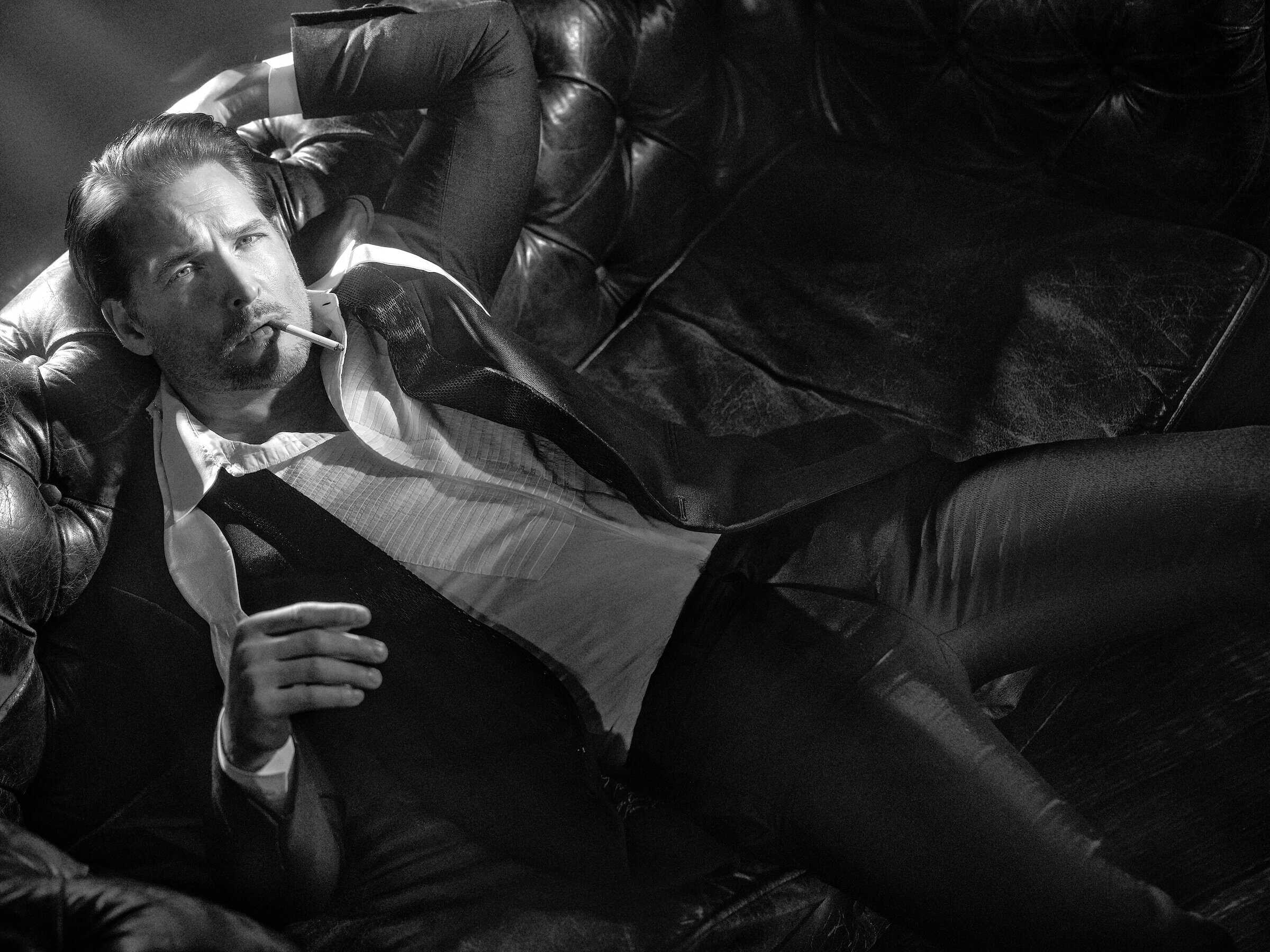
IRK: Could you share a memorable behind-the-scenes moment from any of the projects you’ve worked on, whether funny, challenging, or heartwarming?
Facinelli: When we finished the cut of ON FIRE, we didn’t feel Asher Angel’s character had an arc as written and filmed. We had a day of pick-up shots, so we reworked the ending and gave his character a big heroic moment at the film’s end. This also led to a scene we filmed with firemen that gave us a great way to give tribute to the heroism of firefighters who risked their lives battling these horrific fires. It additionally led to another scene we added symbolizing new beginnings, giving a feeling of hope at the end of the film that wasn’t there originally. When making films, it is a living, breathing process that takes on a life of its own. It’s beautiful to watch when it comes together.
IRK: What about the entertainment industry do you wish more people understood?
Facinelli: There is a stereotype about making movies where when you think about film, you think glamor and fame. Red carpets, movie stars, black car limos…There is a glamour side to it, which is beautiful too. It gives inspiration and escapes. It influences fashion. It’s fun, and there is something bigger than life about it. The truth is that filmmaking is very much boots on the ground, physical work. Long 12-hour days. It’s creative and fun; I wouldn’t trade it for any other job. But it is physically demanding, and no red carpets are on sets. People work hard. It’s a team effort. There are hundreds of people working together. Everyone on a set has a job, and everyone contributes. It is a beautiful collaboration between the script, story, actors, director, and crew, and when a movie is good, everyone is doing their job well.
IRK: Juggling a career in the entertainment industry can be demanding. How do you manage to strike a balance between your professional commitments and your personal life?
Facinelli: Balance isn’t always easy. But it is important. I try to be as present at home with my family as when doing a scene or directing. Being present makes a big difference. You can spend time with your family. But if you aren’t present, you aren’t there.
IRK: When directing, how do you approach working with actors to bring out the best performances?
Facinelli: Each actor is different, but the goals are the same. Understanding each actor’s process helps me know the best ways to work with them to get them to give their best. As actors working with other actors in a scene, we naturally collaborate. So that collaboration extends itself naturally when I direct. I also find when an actor trusts their director, they let go more. As an actor, I understand more of what they are doing. So, it’s easier for me to speak a language they understand—like a natural built-in trust. They know, with me being an actor myself, that their performance is important to me, and I’m not just about the framing or lighting. Actors who don’t trust their director tend to be more guarded.
IRK: Peter advice would you give aspiring actors just starting their careers?
Facinelli: Find a place to act. Whether it’s a play, a short, or a scene study class, keep doing it as much as possible. Make shorts with friends. Don’t lose your sense of passion. Don’t sit around and wish for a part. Just find ways to act. The more you do it, the more you can experiment, learn, and get better. You won’t get better if you don’t do it. Go to the gym physically. You have to physically act to develop your craft to act.
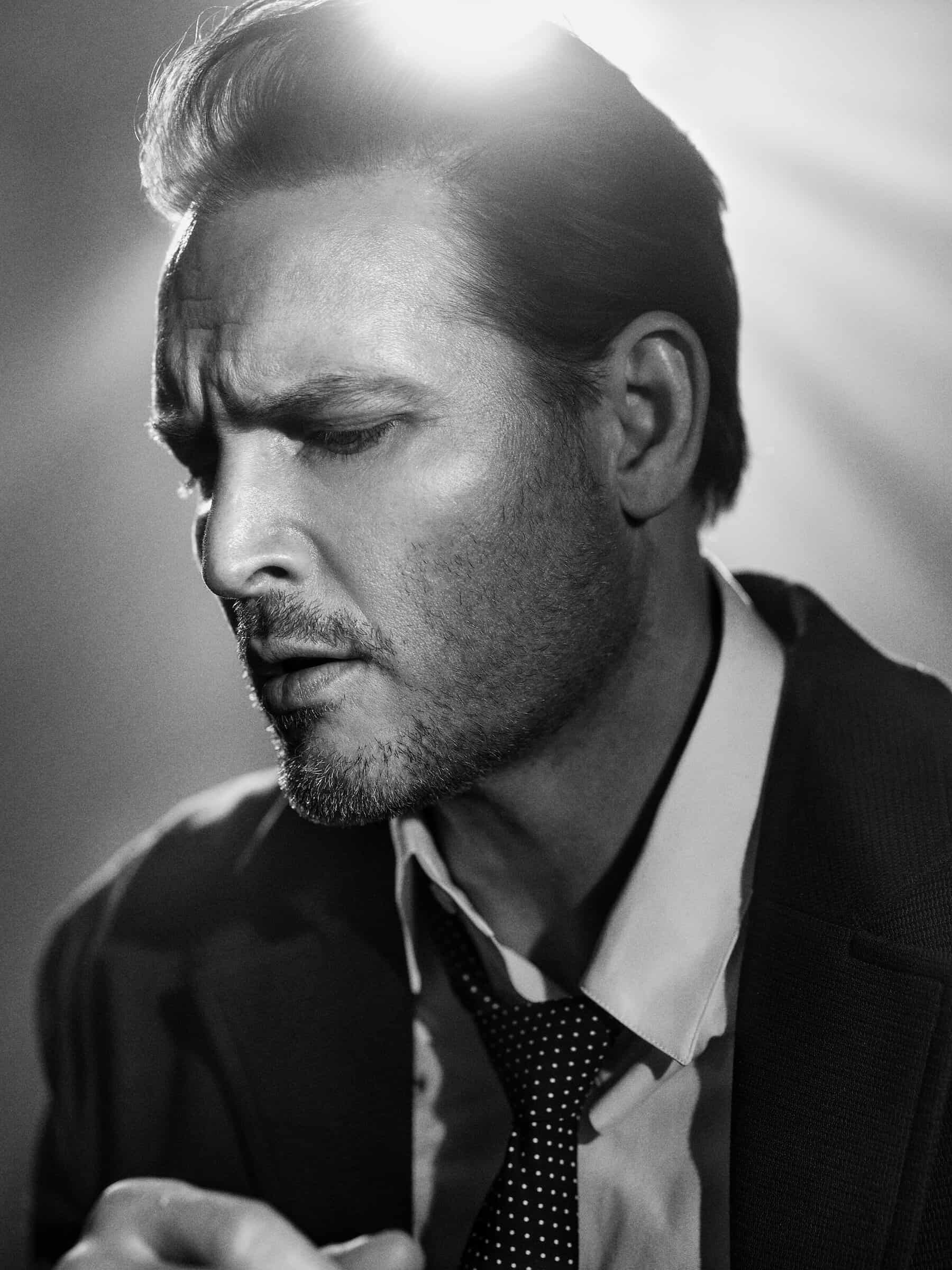
IRK: Similarly, what advice would you offer to those interested in pursuing a career in directing?
Facinelli: Watch movies—as many as you can. You can stand on the shoulders of giants and learn from them. Watch movies with the sound off, too, sometimes. You will see the cutting points and notice things in the frame. You will see how an actor is emoting physically. There is so much you can learn just by watching movies. Read scripts. As many as you can get your hands on. You will learn story structure. Pick up a camera and experiment. Take a class. They have wonderful master classes. Read books on directing. Learn it. Breathe it, do it. And experiment.
Art is a process. Learn and grow from mistakes. But like my advice on acting. DO IT. You don’t have to wait for someone to give you the opportunity. People are making movies on iPhones. Think of acting and directing like sports. You only get better by playing and doing it.
IRK: Peter Facinelli what are some of your goals and aspirations for your career in the next few years, both as an actor and director?
Facinelli: I’ve had a blessed 30-year career. My goal is to have 30 more. I want to continue pushing myself and growing, telling interesting stories, playing characters I haven’t played before, exploring new genres and worlds, and working with great people. I hope my best work is still to come. As your film “ON FIRE” prepares to release, what do you hope audiences will take away from the experience of watching it?
CGI and Stunts
I hope the film gives us pause to reflect on what we can do to solve an issue that is happening far too often and affecting so many lives while giving hope that we can overcome this together. I believe that if we come together, we can solve any issue. The first step would be acknowledging the problem. Because we were working in a wooded area, it was unsafe to work with real fire, so real fire was limited. We used contained flame bars in some shots and a lot of smoke machines, but we relied heavily on lighting and special effects instead of real fire during filming. Then, in post-production, we used CGI to create the fire. Our crew’s safety and ensuring we respected the forest and the environment we worked in were very important to us.
Our biggest practical fire effect was lighting one of the stunt people on fire for a scene. It was a very high-energy evening, with everyone being hyper-focused and alert. The stuntman and safety crew did an incredible job, and it’s a very weighted scene in the film. As far as my stunts, there were plenty of other stunts for us to do. There was a lot of running and a big leap down a hill where me, Fiona, and Asher Angel all did the stunt together. It was so much fun.
Interview with Photographer Chris Knight:
Chris: “On Fire” reminds me of the suspense/disaster films I always loved growing up, but also more intimate. Often, today’s films lay down wanton destruction on such a large scale that it can be hard to relate to what’s going on, but there’s something much more intense when it feels close like this. Peter, can you talk about what shaped the approach to the project and what resonated with you?
Facinelli: Yes. This film has an intimacy that I connected to, and I think audiences will, too. We are introduced to a blue-collar family struggling to pay their bills. They have a son in high school, a sick, ailing grandfather who lives with them, and a baby on the way. Those superficial issues become minute when the family is threatened by a wildfire and is forced to go on a journey to survive. When survival becomes your biggest problem, everything else disappears. They grow together as they work together and go through harrowing experiences. Each of them has their heroic moments. Each of them becomes a hero who helps save each other.
The audience becomes an extension of the family going through the difficult evening with them. Because they are familiar characters, we can imagine ourselves in that situation with our loved ones. Focusing on one family gives it intimacy, yet it doesn’t feel small. It feels grounded. I hope the audience is taken on a suspenseful journey with a family they feel like they know and root for.
Chris: You have a co-directing credit on this project that I believe you took toward the end of filming. Can you talk briefly about that added responsibility and how that came about?
Facinelli: Originally, I signed on to be an actor in the film, but the original director tested positive for Covid. Since the film couldn’t afford to shut down, I was asked to finish it. Overall, ON FIRE is a collaboration of efforts, so we decided to take co-director credit.
Chris: As someone who has played an incredible variety of roles, is there a type of film you haven’t done yet that you would like to? Second, what kinds of characters do you have the most fun playing?
Facinelli: I am grateful I have been able to play various roles and genres in my career. Action, Sci-fi, comedy, horror, thrillers, dramas, horror, period pieces… But there are still so many worlds to explore, and as I age, I also get to explore characters at different stages of their lives. Even though I’ve had quite a variety, I’m excited to find roles and genres I have not yet explored. That’s the fun of acting. I get to live many lives in one. As far as which are more fun to play? All of them. Because each is so different from each other.
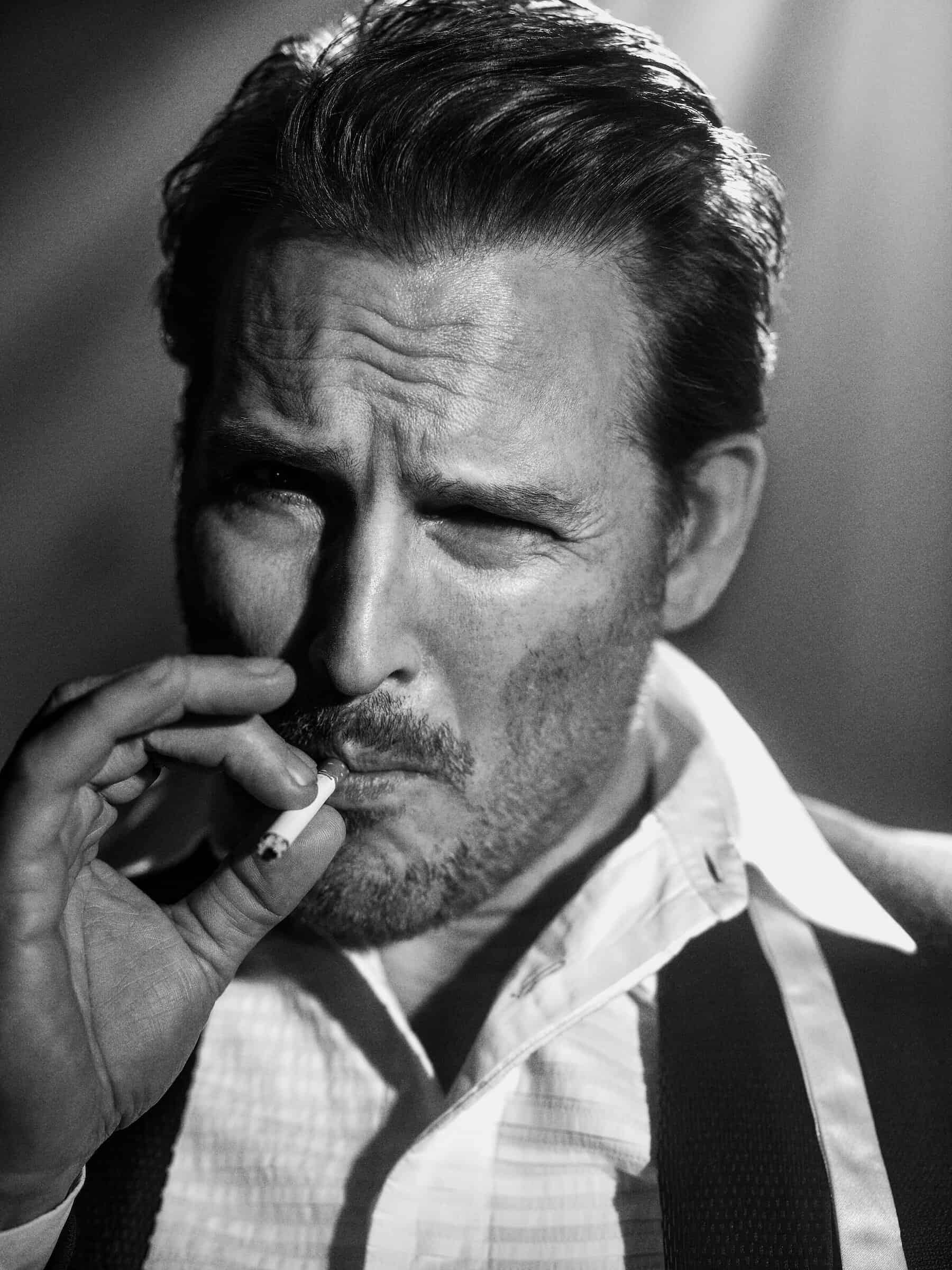
Chris: Your latest film, ON FIRE, refers to an increasing global threat with uncontrollable fires in Canada, Australia, USA.. Are you anxious about global warming? Does the film touch on this issue? As a resident of California, have you confronted wildfires?
Facinelli: I am anxious about climate change. I think it’s hard to deny that weather patterns have been extreme lately. Record temperatures, massive hurricanes and storms, and wildfires seem to be in the news every other week. Our film opens on a title sequence with audio from real news clips discussing different wildfires from around the globe, but we don’t discuss it much after that. We wanted to set up the film to illustrate an undeniable issue here. It also tells the story of one specific family affected by this issue and ends the film, leaving off with the question: “How can we fix this problem while giving hope?” It’s not a doomsday film. It’s a throwback to a survival film, with themes of current issues we are facing today.
Chris: ON FIRE is an edge-of-the-seat thriller as well as pertinent. As fire is involved, can you tell us if you had to work in overheated and dangerous conditions and if you did do your stunts?
Facinelli: Because we were working in a wooded area, it was unsafe to work with real fire, so real fire was limited. We used contained flame bars in some shots and a lot of smoke machines, but we relied heavily on lighting and special effects instead of real fire during filming. Then, in post-production, we used CGI to create the fire. Our crew’s safety and ensuring we respected the forest and the environment we worked in were very important to us.
Our biggest practical fire effect was lighting one of the stunt people on fire for a scene. It was a very high-energy evening, with everyone being hyper-focused and alert. The stuntman and safety crew did an incredible job, and it’s a very weighted scene in the film. As far as my stunts, there were plenty of other stunts for us to do. There was a lot of running and a big leap down a hill where me, Fiona, and Asher Angel all did the stunt together. It was so much fun.
Chris: What is your relationship to fashion? Do you think fashion helps tell a story?
Facinelli: Fashion is an important part of my life in so many ways. From the clothes my character wears to my dressing for red-carpet events to the clothes I wear daily. I always look at the clothes I put on and think, “How are these going to make me feel?” from there, I assess whether that feeling is what I want for whatever I’m dressing for. So the clothes have to fit the event. Sweatpants are comfortable, but I wouldn’t necessarily want to wear them at a red carpet-event or a wedding. I love a suit. Fashion dictates a mood to me. It also helps in the telling of a character’s story. My character, Dave, owned a construction company, so I wanted him to feel rugged and blue-collar yet still feel like I could move since I had a lot of action sequences.
Chris: During lockdown, you delved into your closet, dressed up, and posted the pictures on social media. Did this moment of play change your perspective on fashion?
Facinelli: I don’t know if it changed my perspective of fashion, but it did help me feel different and change my mood that day. It was a time when we were waking up, and every day felt like sweatpants and t-shirts. I missed dressing up. So, I decided to mix it up that day, which helped break the monotony and shift my energy. Fashion has a way of doing that. I did think it would be fun to create a casual suit line with suit jackets and sweatpants material. After COVID ended, I did start seeing more of that. Dressed-up versions of loungewear that looked more like trousers. Others had the idea, too.
Chris: How else do you play and keep life from being too serious?
Facinelli: I play racquetball to let off steam. I love the feeling of hitting that rubber ball as hard as possible and the sound it makes. I also have a one-year-old son, so he keeps me from taking things too seriously. When his hands are full of avocado, he smears it on my shirt, and I have to walk around with an avocado stain. Green is a good color. Ha.
Chris: You have more than 100 credits to your name over the last 30 years. That is incredible. Can you tell us one of the highlights of your career?
Facinelli: I look back, and it’s been such a blink of an eye. I’ve gotten to work with incredible actors, meet amazing fans, and travel the world. I play make-believe for a living. What’s more incredible than that? Lol. I couldn’t begin to count the highlights. It’s been quite a ride, and I’m excited to continue the adventure. I hope I have another 100 credits to go. At least.
Chris: How does the creative process differ when you’re directing from acting?
Facinelli: When I’m acting, it’s about the present moment, my character, the scene I’m doing, and the connection to the other actors. It’s about sinking in and letting go. When I direct, I want to capture all the above on film, where to put the camera to tell the story best, and the collaboration with the actors and the crew. And then, in post-production, I’m taking all the moments I collected and putting them together to tell the bigger story. Acting, directing, and writing are different facets of telling a story. I use my body and emotions to tell the story as an actor.
As the director, I use many tools. The camera, sound, colors, editing style, characters, dialogue, silence, costumes, makeup, special effects… I’m not just concerned about my character. I’m overseeing all of them. They are both challenging, but directing is a bigger collaboration and a longer process. I spent nine months in post-production on ON FIRE. The CGI, the editing, the music, and the sound design took time. Compared to the acting portion, which was shot in roughly three weeks. Granted, we were working 12-hour days during filming and acting in very high adrenalin scenes–so I can’t say that was easy either. I also had days where I was directing and acting, so I had a lot of multi-tasking to do. But I was surrounded by a great crew, wonderful actors, and strong producers, which made the days fun.
Chris: Could you share a memorable behind-the-scenes moment from any of the projects you’ve worked on, whether funny, challenging, or heartwarming?
Facinelli: When we finished the cut of ON FIRE, we didn’t feel Asher Angel’s character had an arc as written and filmed. We had a day of pick-up shots, so we reworked the ending and gave his character a big heroic moment at the film’s end. This also led to a scene we filmed with firemen that gave us a great way to give tribute to the heroism of firefighters who risked their lives battling these horrific fires. It additionally led to another scene we added symbolizing new beginnings, giving a feeling of hope at the end of the film that wasn’t there originally. When making films, it is a living, breathing process that takes on a life of its own. It’s beautiful to watch when it comes together.
Chris: Peter, What about the entertainment industry? Do you wish more people understood?
Facinelli: There is a stereotype about making movies where when you think about movies, you think glamor and fame. Red carpets, movie stars, black car limos…There is a glamour side to it, which is beautiful too. It gives inspiration and escapes. It influences fashion. It’s fun, and there is something bigger than life about it. The truth is that Filmmaking is very much boots on the ground, physical work. Long 12-hour days. It’s creative and fun; I wouldn’t trade it for any other job. But it is physically demanding, and no red carpets are on sets. People work hard. It’s a team effort. There are hundreds of people working together. Everyone on a set has a job, and everyone contributes. It is a beautiful collaboration between the script, story, actors, the director, and the crew, and when a movie is good, everyone does their job well.
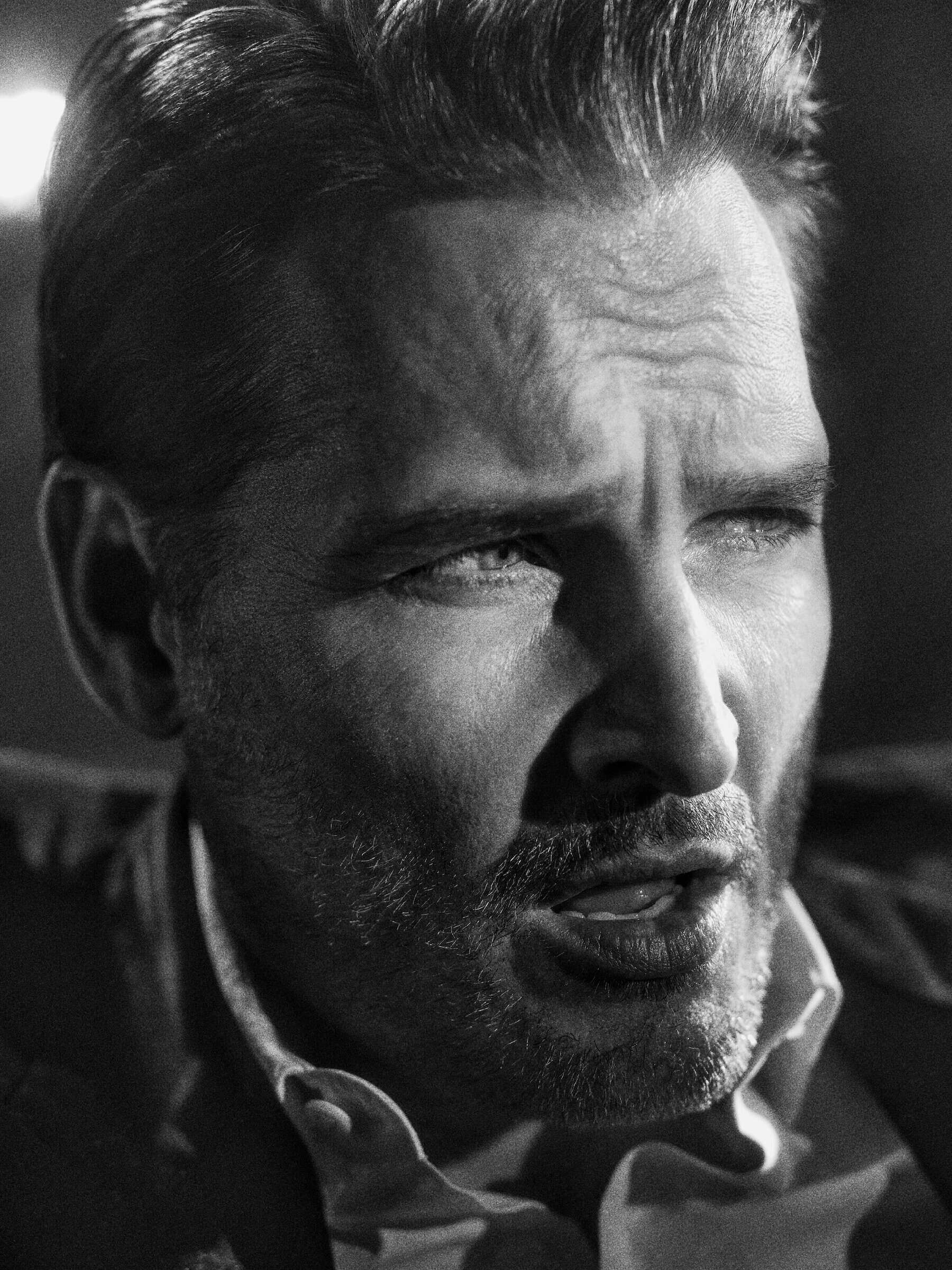
Chris: Juggling a career in the entertainment industry can be demanding. How do you, Peter, manage to strike a balance between your professional commitments and your personal life?
Facinelli: Balance always isn’t easy. But it is important. I try to be as present at home with my family as when doing a scene or directing. Being present makes a big difference. You can spend time with your family. But if you aren’t present, you aren’t there.
Chris: When directing, what is the Facinelli approach to working with actors to bring out the best performances?
Facinelli: Each actor is different, but the goals are the same. Understanding each actor’s process helps me understand the best ways to work with them to get them to give their best. As an actor working with another actor in a scene, there is a natural collaboration we have with each other. So that collaboration extends itself naturally when I direct. I also find when an actor trusts their director, they let go more. As an actor, I understand more of what they are doing. So, it’s easier for me to speak a language they understand—like a natural built-in trust. They know me, being an actor myself, that their performance is important to me, and I’m not just about the framing or lighting. Actors who don’t trust their director tend to be more guarded.
Chris: What are some of your goals and aspirations for your career in the next few years, both as an actor and director?
Facinelli: I’ve had a blessed 30-year career. My goal is to have 30 more. I want to continue pushing myself and growing, telling interesting stories, playing characters I haven’t played before, exploring new genres and worlds, and working with great people. I hope my best work is still to come. As your film “ON FIRE” prepares to release, what do you hope audiences will take away from the experience of watching it?
I hope the film gives us pause to reflect on what we can do to solve an issue that is happening far too often and affecting so many lives while providing hope that we can overcome this together. I believe that if we come together, we can solve any issue. The first step would be acknowledging the problem.
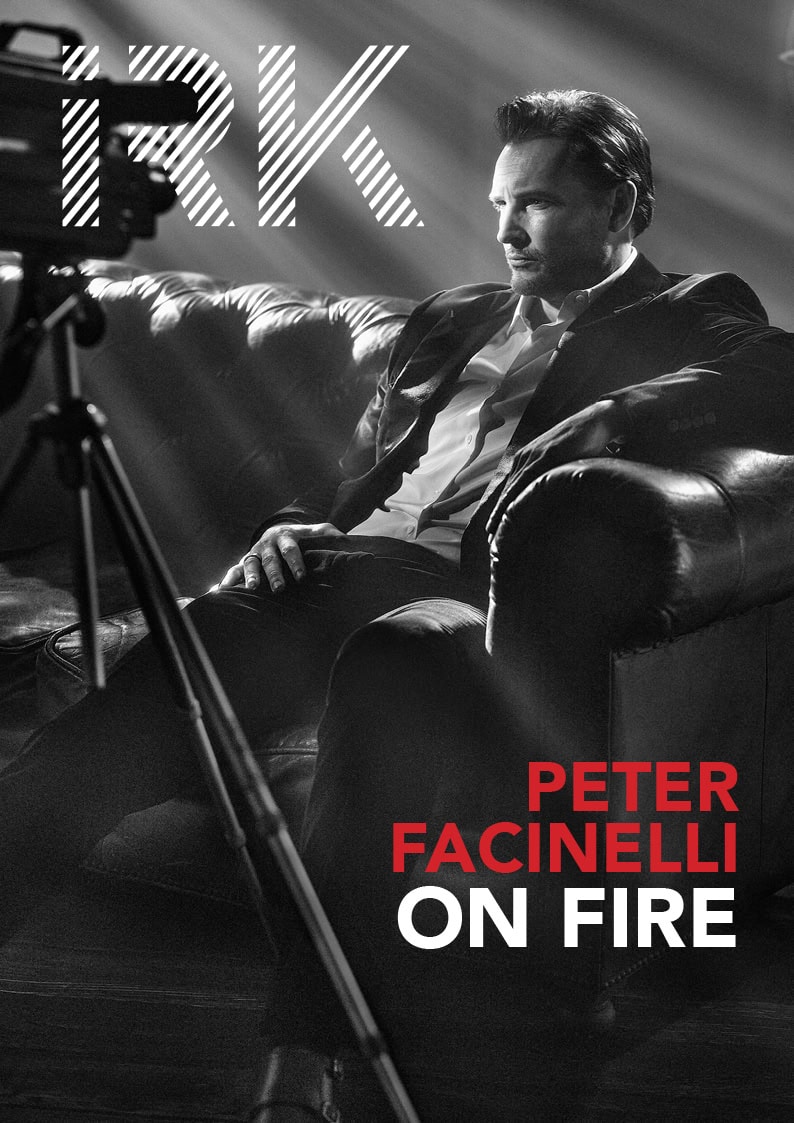
Photographer: Chris Knight @chrisknightphoto
Stylist: Cannon @thecannonmediagroup @theonlyagency
Grooming: Mary Irwin using Viseart Paris @marymakeup
Stylist Assistants: Winnie Noan @winnie_noan, Gianna Eidel @gianna_eidel
Share this post

